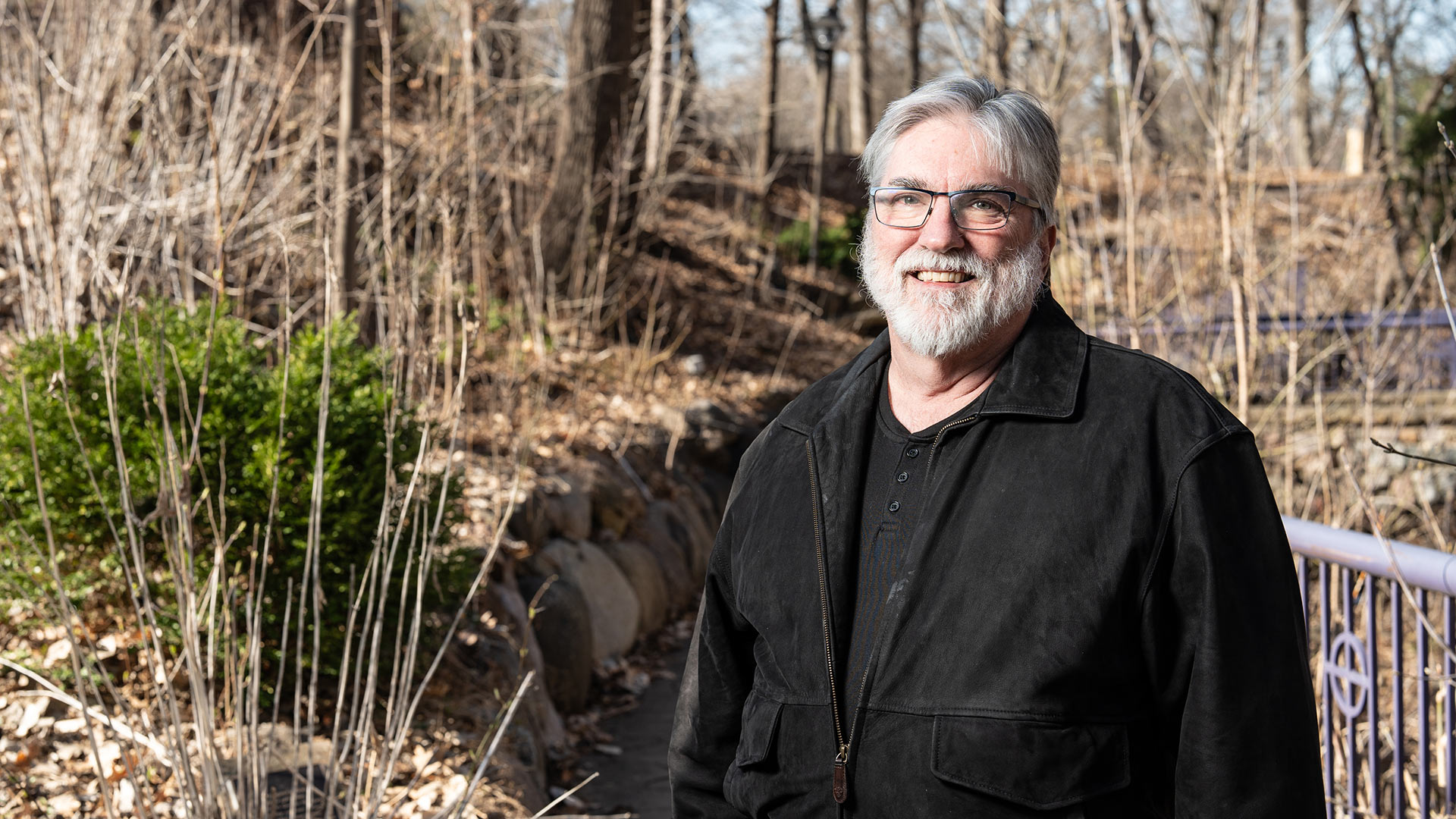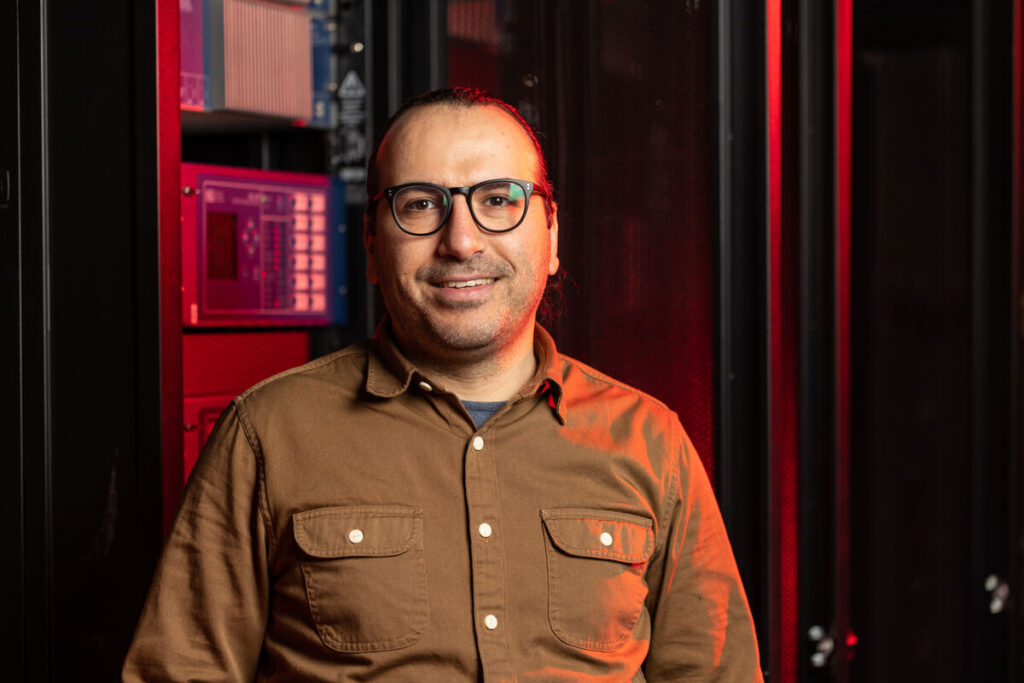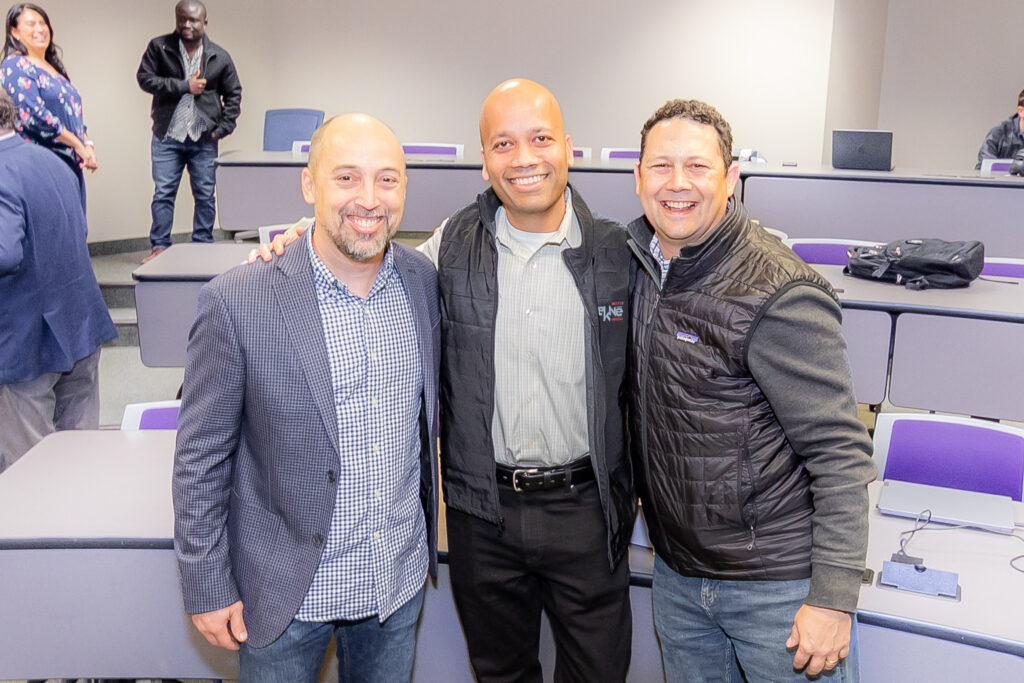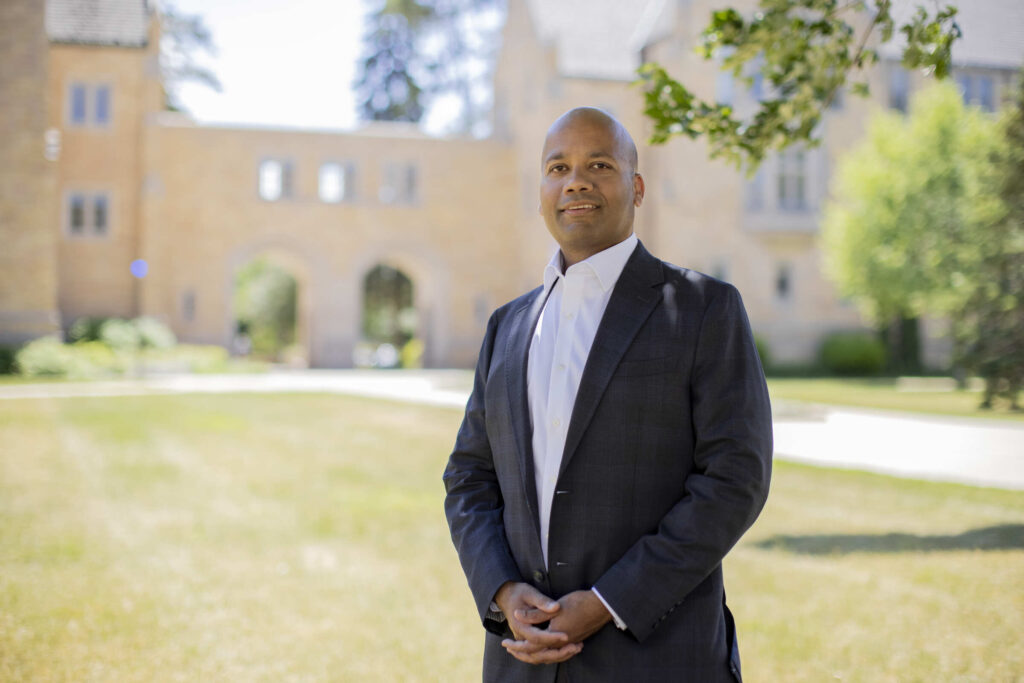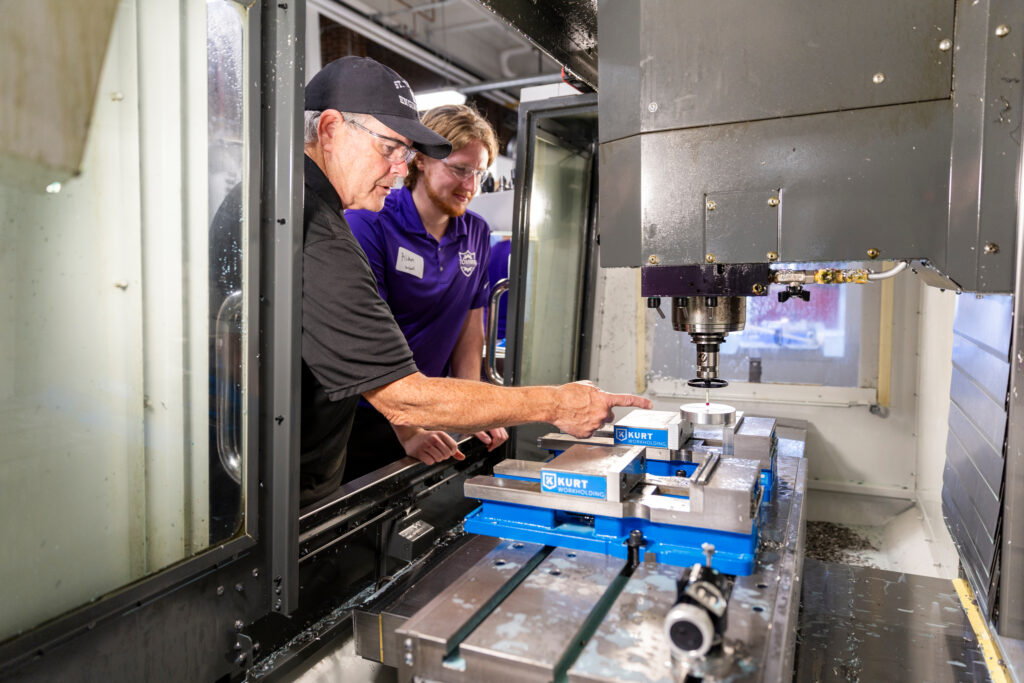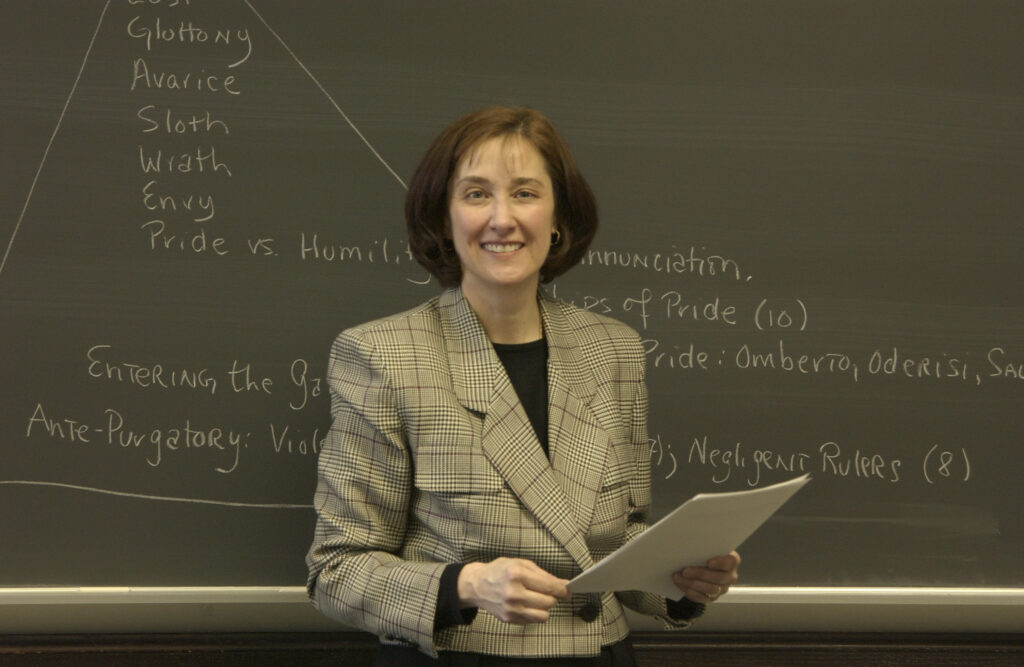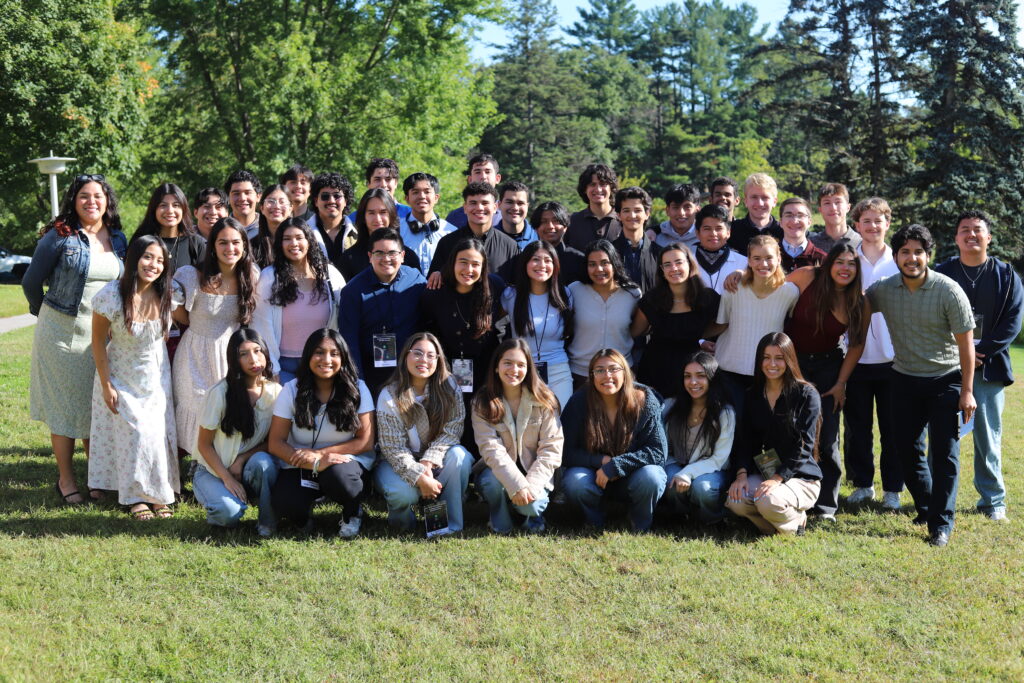Dr. Thomas Hickson, a professor in the Department of Earth, Environment and Society in the College of Arts and Sciences, has received a Fulbright U.S. Scholar Program award in geology to Spain for the 2024-25 academic year from the U.S. Department of State and the Fulbright Foreign Scholarship Board.
Hickson will be working at the Institute of Geosciences in Madrid. This is one of many institutes that constitute the Consejo Superior de Investigaciones Científicas (Superior Council of Scientifc Investigation) of Spain. His project focuses on the evolution of early life on Earth and on other planets. The evidence for this life can be found in microbialites, rocks that formed under the influence of microbial metabolic processes. Hickson will work with Spanish geoscientists to investigate ancient lake deposits that host microbialites, mainly located in the southern Pyrenees Mountains.
He plans several field campaigns to collect specimens that he will then analyze using scanning electron microscopy, standard transmitted light microscopy, and chemical techniques to characterize the microbialite textures, morphologies, and chemistry. Results from his work can be used by NASA and other scientists in their exploration for evidence of early life on Mars and other planetary bodies.
Hickson also plans on working with Spanish colleagues on other projects of shared interest and he hopes to share some of his teaching expertise with instructors at the Universidad Complutense de Madrid.
“I am really fired up to work with a number of Spanish geoscientists in the Madrid area,” Hickson said. “They have been doing amazing work to understand the role that microbes play in the formation of minerals and I really hope to learn so much from them.”
Fulbright U.S. Scholars are faculty, researchers, administrators, and established professionals teaching or conducting research in affiliation with institutes abroad. Fulbright Scholars engage in cutting-edge research and expand their professional networks, often continuing research collaborations started abroad and laying the groundwork for forging future partnerships between institutions. Upon returning to their home countries, institutions, labs, and classrooms, they share their stories and often become active supporters of international exchange, inviting foreign scholars to campus and encouraging colleagues and students to go abroad.
“Over my academic career I have tried to meld my love of the Spanish language and culture with my science,” Hickson explained. “It started with fieldwork in Peru when I was in my 20s. It carried forward into my master’s degree with a project in northern Mexico and it continues now that I’m at St. Thomas, having co-led a study abroad course in southern Spain. I am now working on developing a research project in Chile that complements the work that I propose to undertake when I’m in Spain during the Fulbright. All of this work informs my teaching and undergraduate research partnerships. I sincerely hope that this will be the beginning of further collaborations."
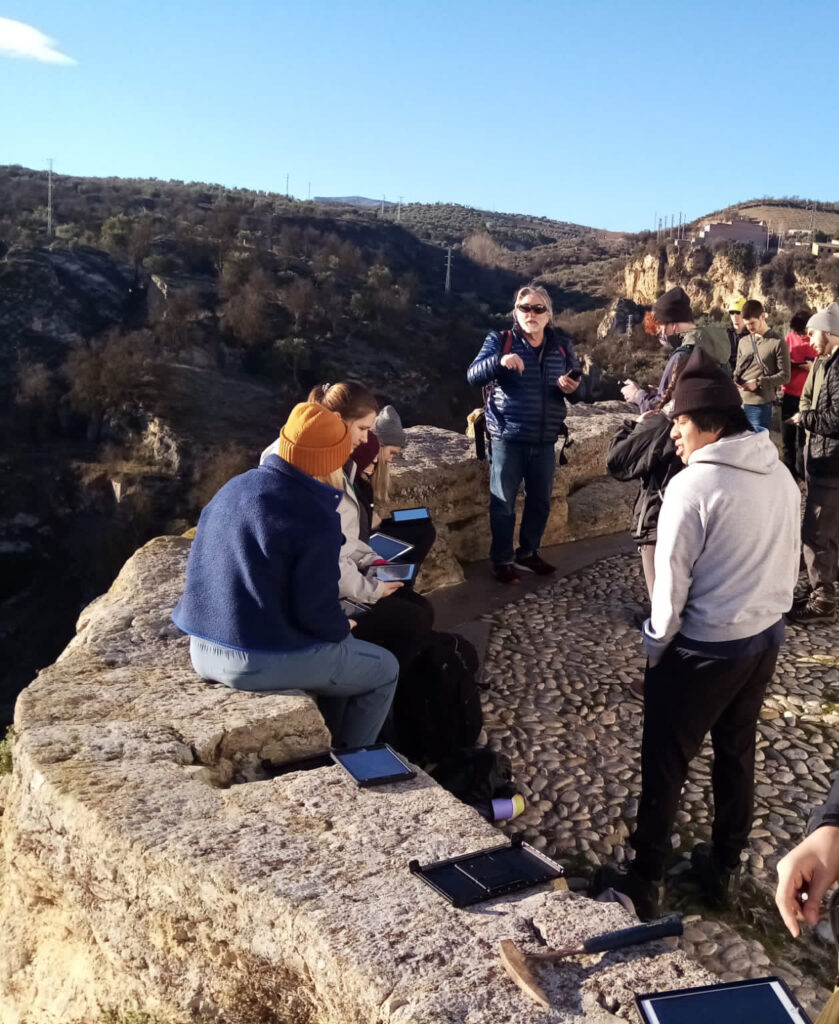
Since 1946, the Fulbright Program has provided over 400,000 talented and accomplished students, scholars, teachers, artists, and professionals of all backgrounds with the opportunity to study, teach, and conduct research abroad. Fulbrighters exchange ideas, build people-to-people connections, and work to address complex global challenges. Notable Fulbrighters include 62 Nobel Laureates, 89 Pulitzer Prize winners, 80 MacArthur Fellows, 41 heads of state or government, and thousands of leaders across the private, public, and nonprofit sectors.
Over 800 individuals teach or conduct research abroad through the Fulbright U.S. Scholar Program annually. In addition, over 2,000 Fulbright U.S. Student Program participants – recent college graduates, graduate students, and early career professionals – participate in study/research exchanges or as English teaching assistants in local schools abroad each year.
Fulbright is a program of the U.S. Department of State, with funding provided by the U.S. government. Participating governments and host institutions, corporations, and foundations around the world also provide direct and indirect support to the program, which operates in over 160 countries worldwide.
In the U.S., the Institute of International Education implements the Fulbright U.S. Student and U.S. Scholar Programs on behalf of the U.S. Department of State. For more information about the Fulbright Program, visit https://fulbrightprogram.org.
